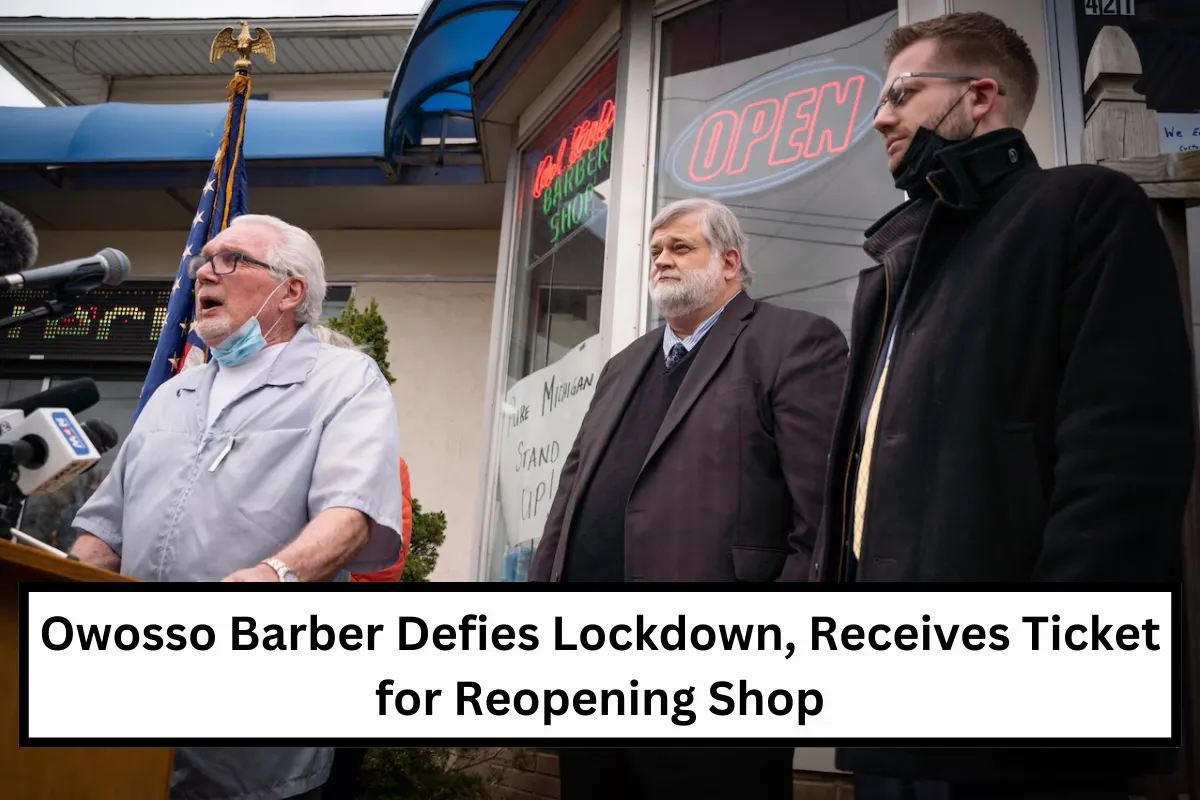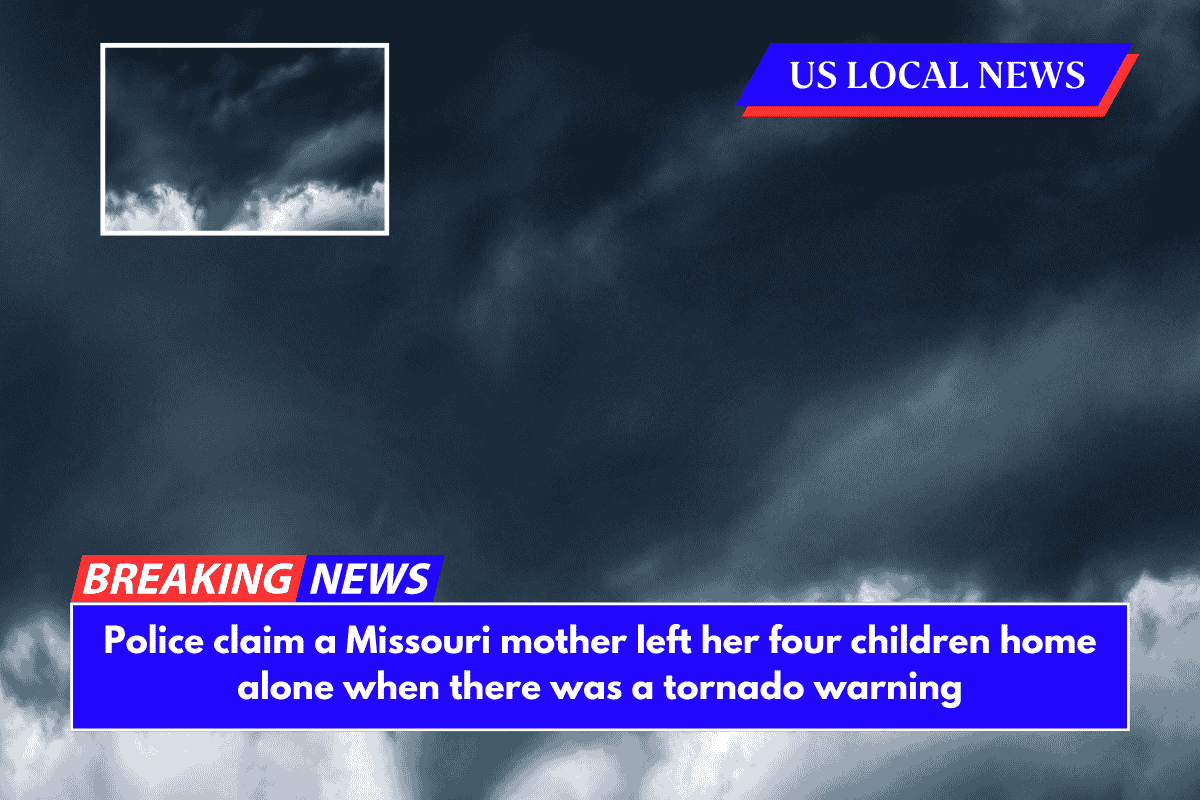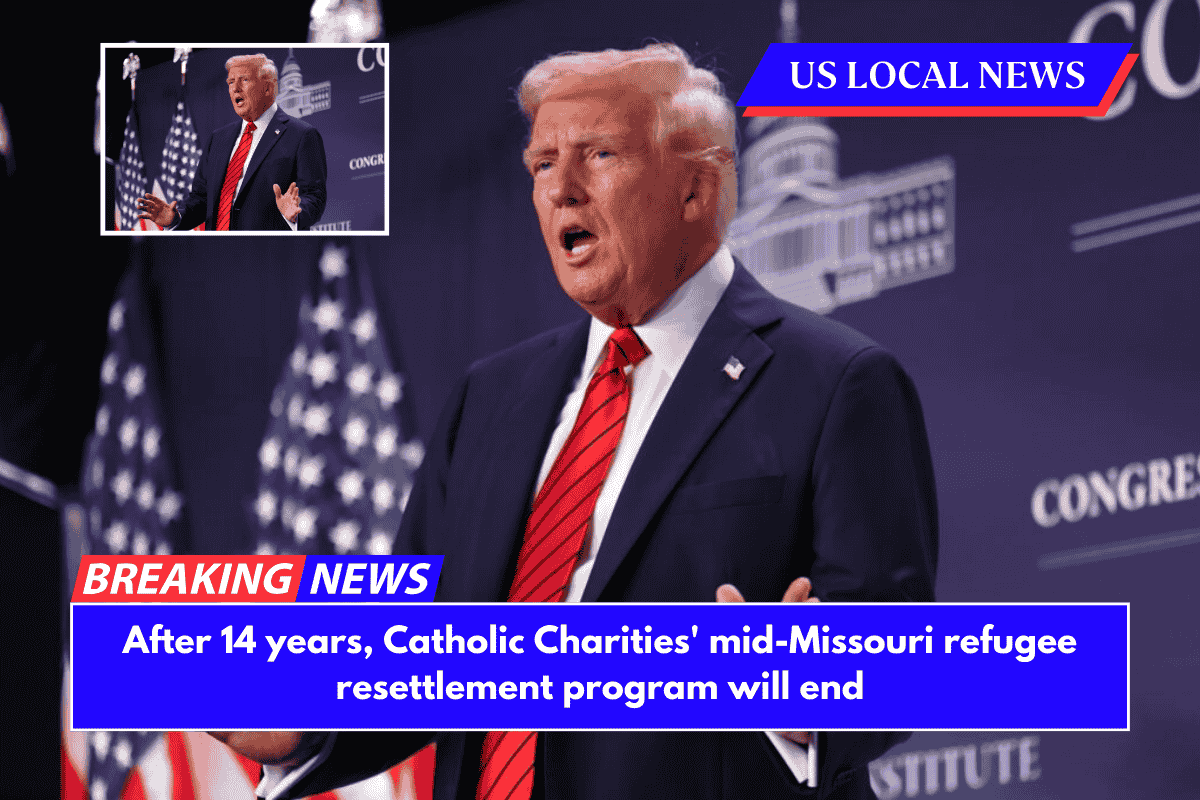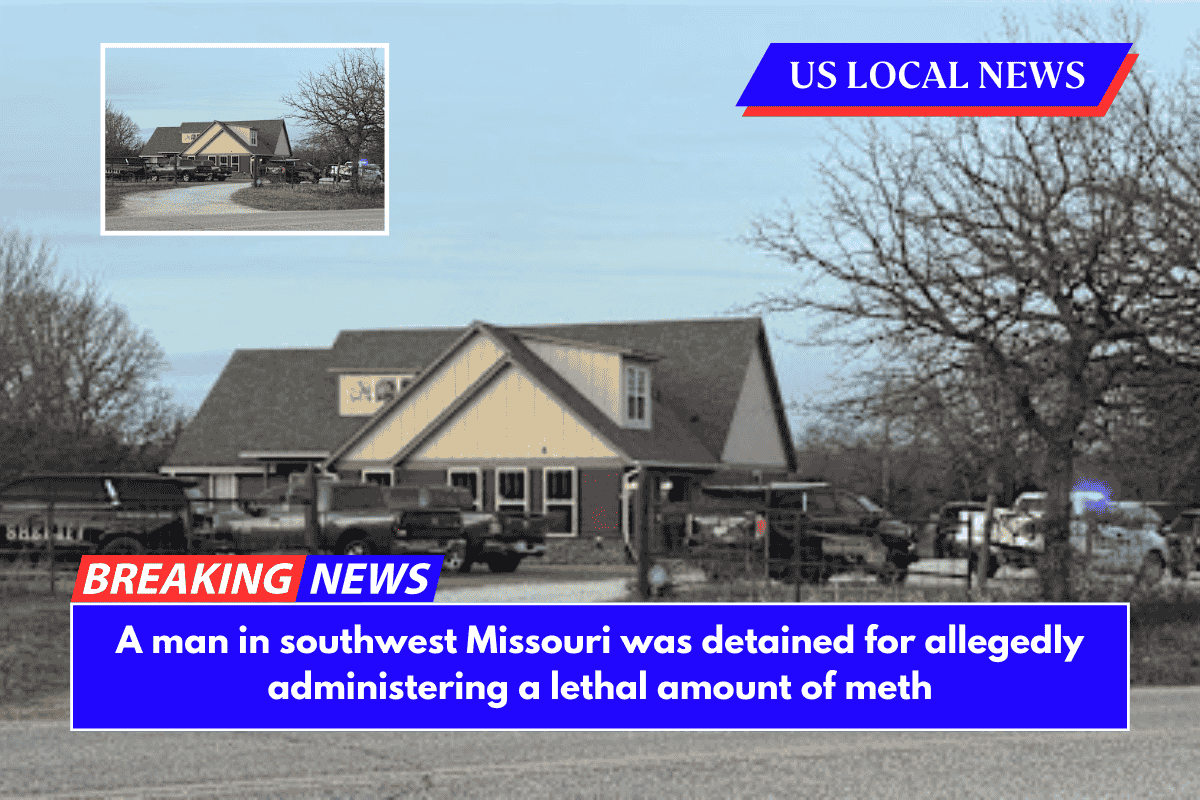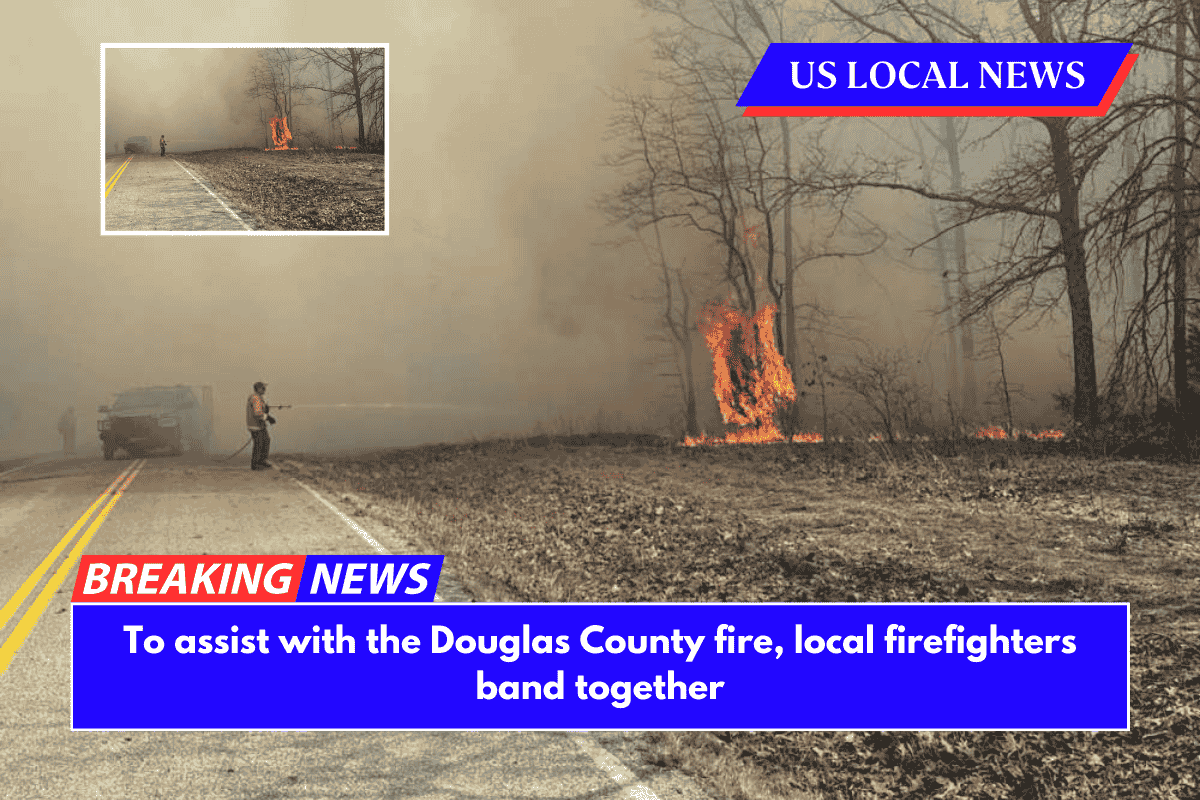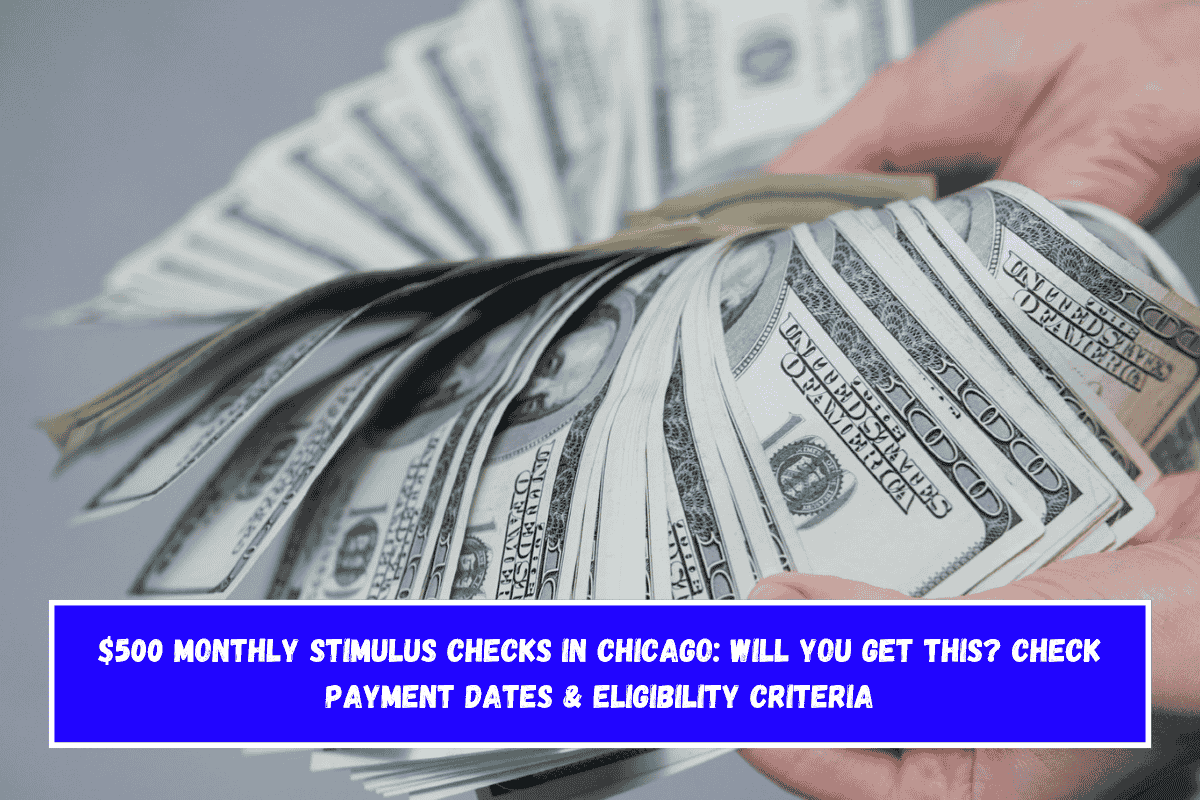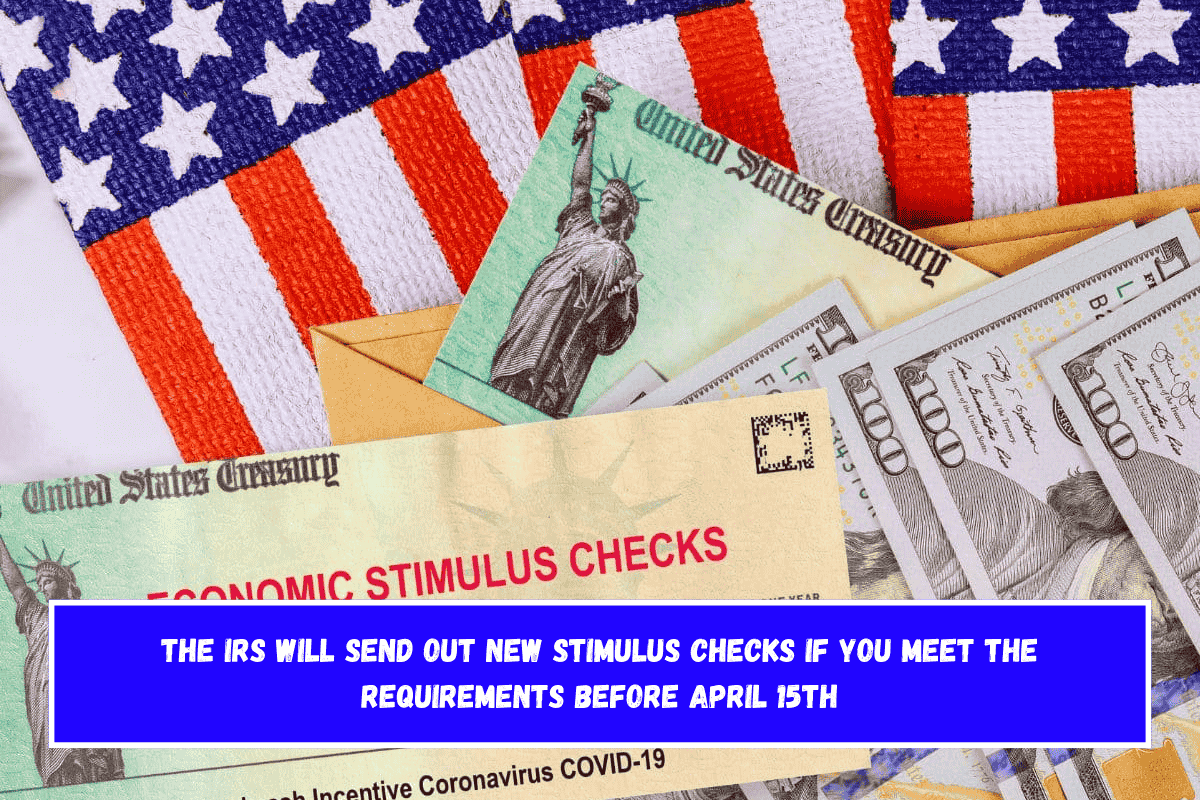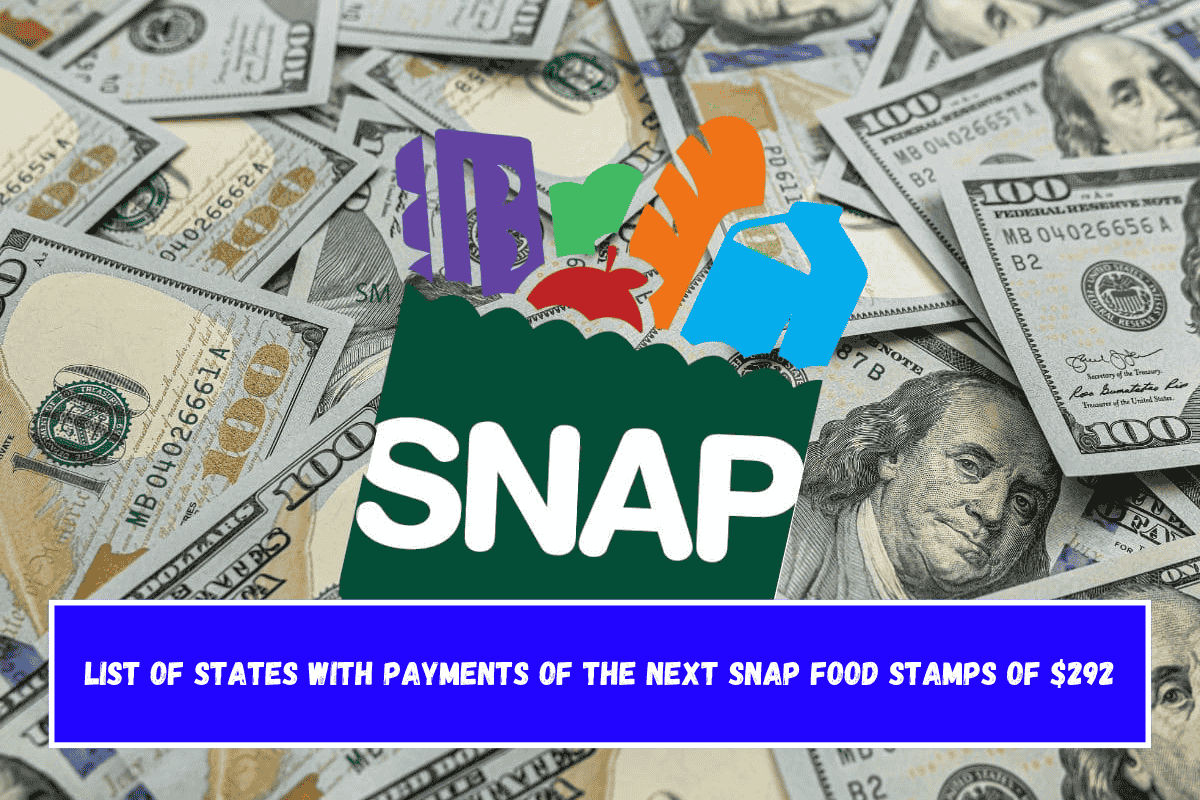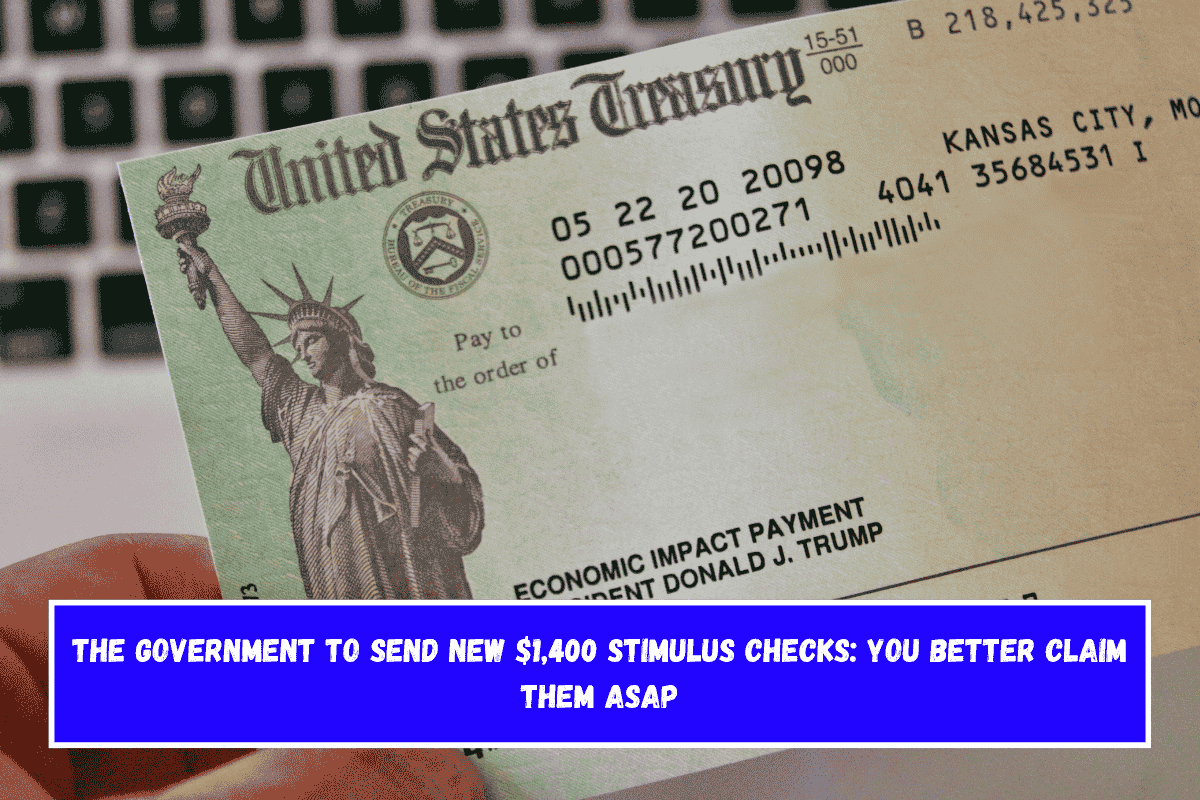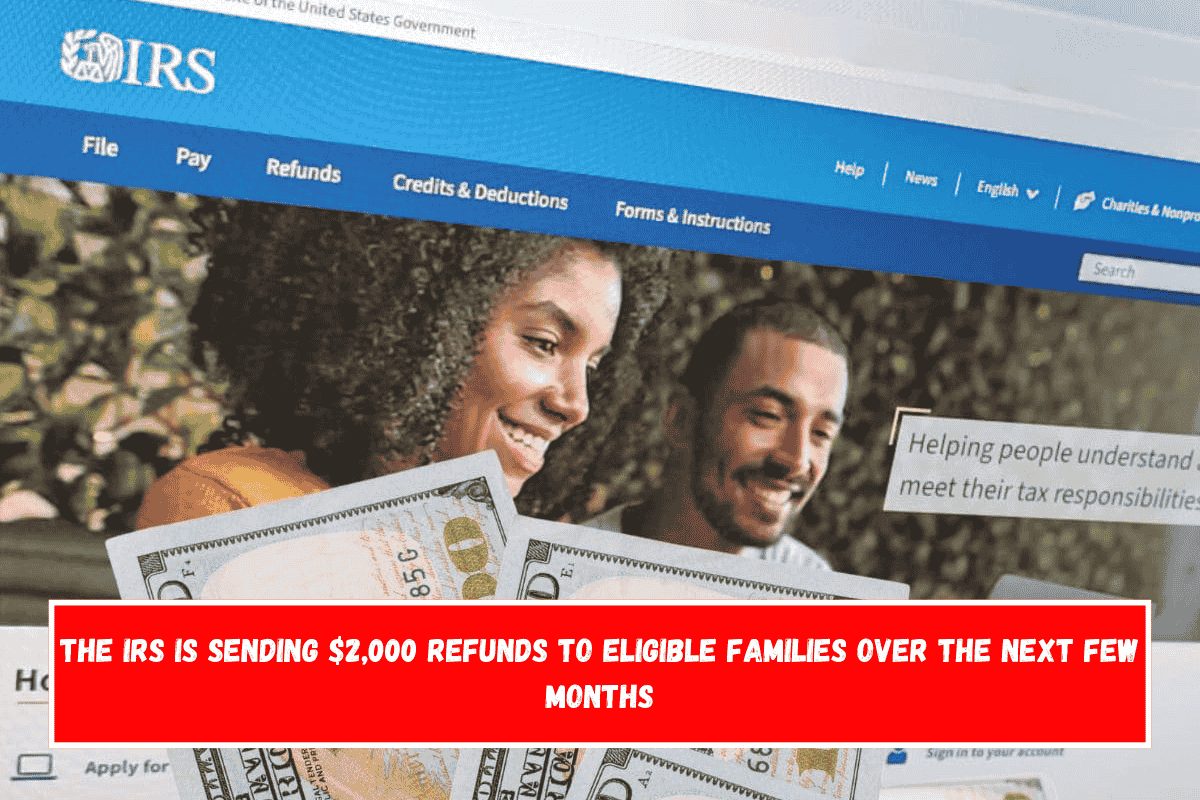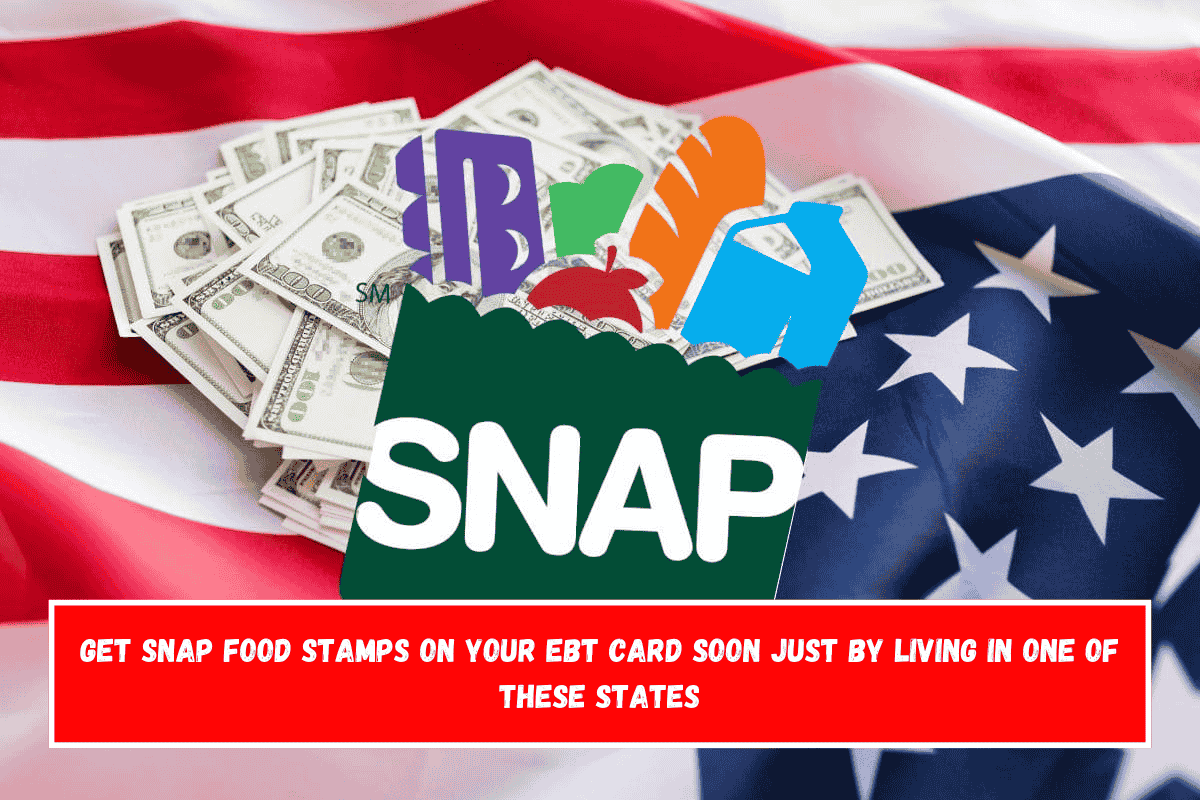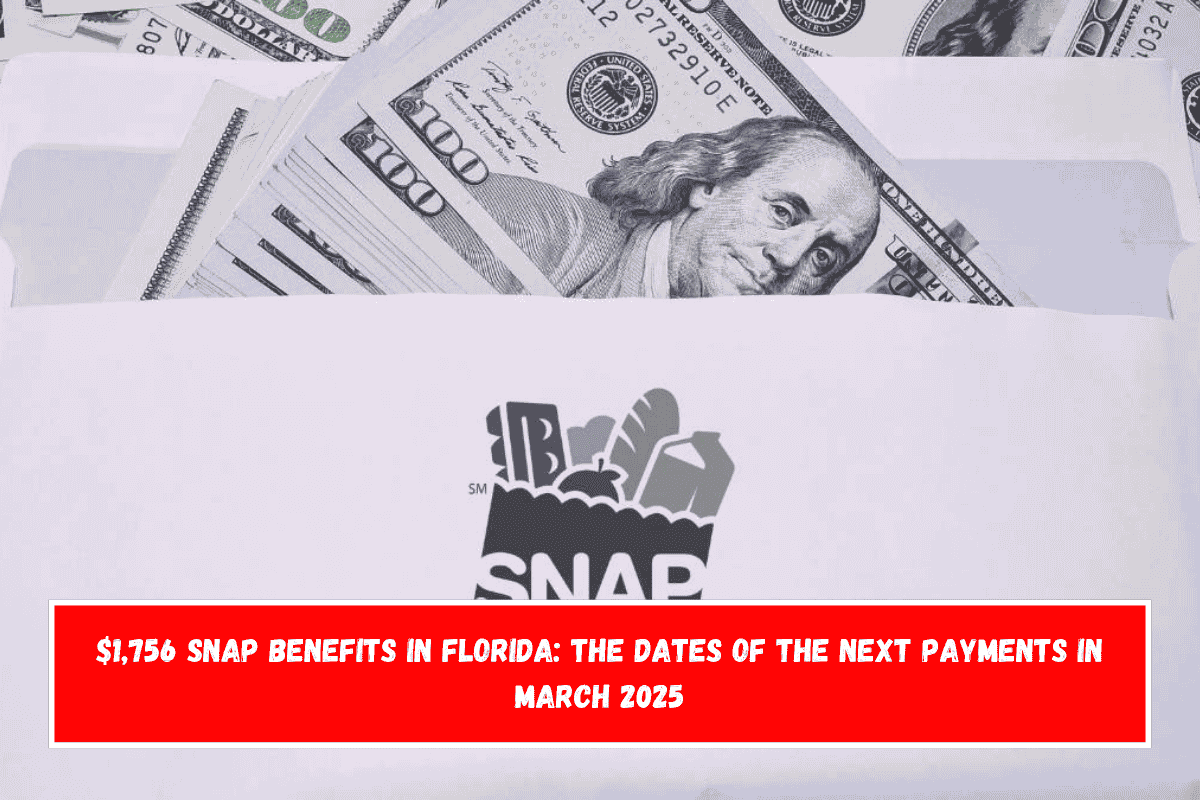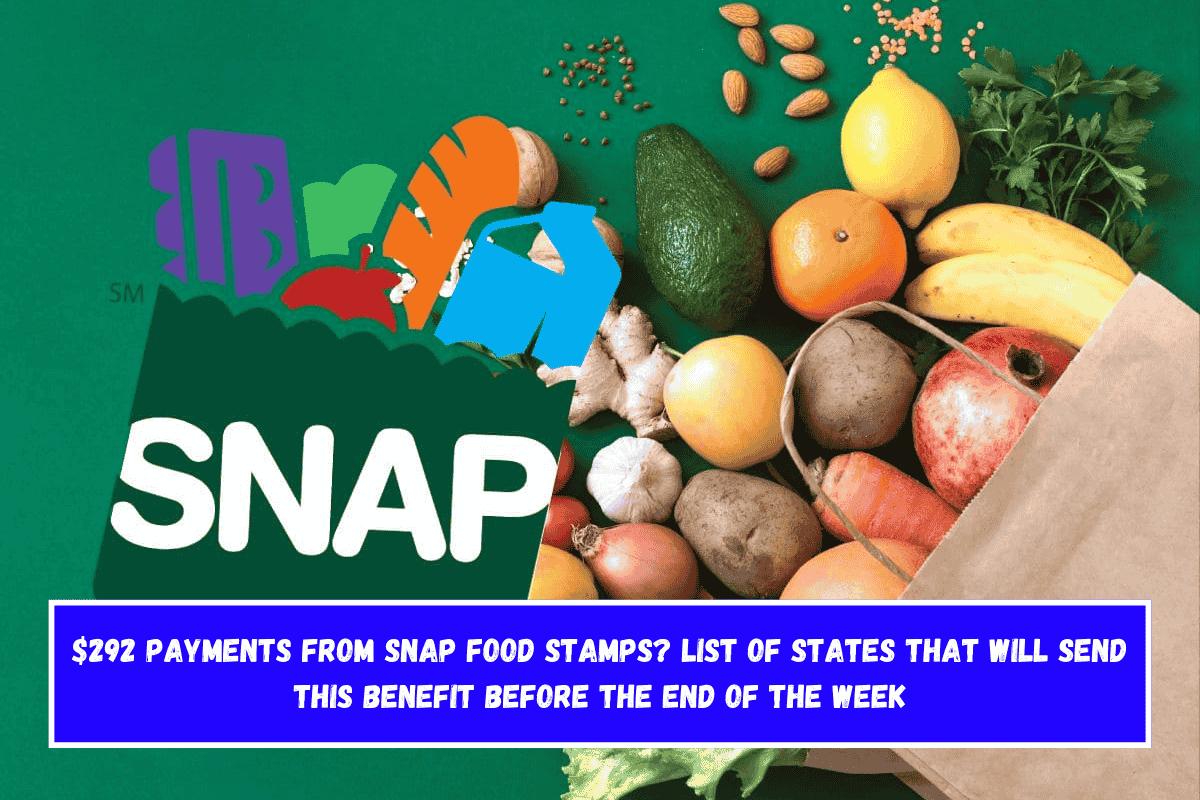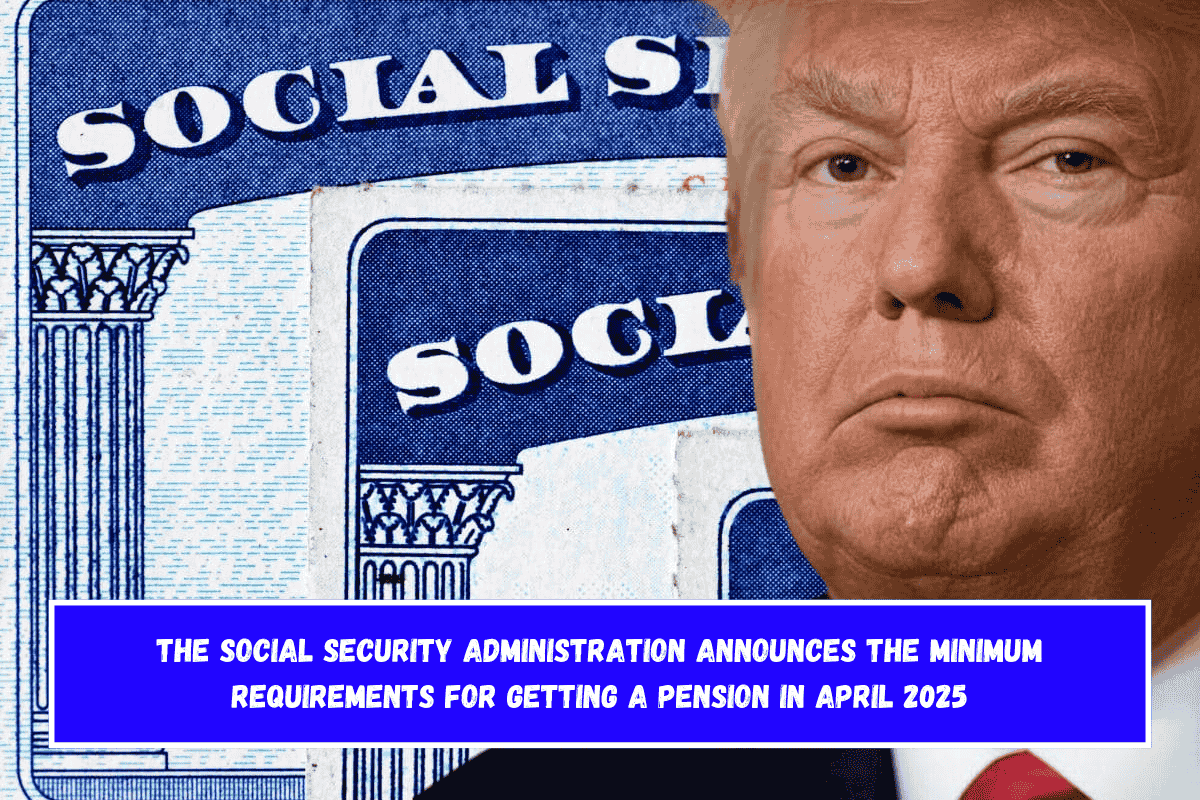An Owosso barber, Karl Manke, recently made headlines when he chose to reopen his barbershop despite the COVID-19 restrictions in Michigan.
Manke’s decision to operate his business during the state-mandated shutdown has sparked discussions on individual rights, business survival, and public health.
This article explores the circumstances around Manke’s choice, the legal consequences he faced, and what this situation means for small business owners during the pandemic.
The Story Behind Karl Manke’s Reopening
After being closed for weeks due to statewide shutdown orders, Karl Manke reopened his barbershop in Owosso, Michigan. He felt it was necessary to resume work to support himself financially.
Manke’s decision came from his belief that staying closed any longer would severely impact his livelihood.
However, by reopening, he was directly defying the state’s COVID-19 restrictions, which required non-essential businesses to remain closed.
Police Response and Legal Action
Shortly after reopening, Manke was ticketed by local police for violating Michigan’s public health and safety orders. The ticket came as a result of complaints and reports from individuals concerned about the public health risk.
Law enforcement’s response aimed to enforce the shutdown orders and maintain the safety protocols set by the state. Manke, however, was firm in his stance, expressing his belief that he had the right to work and keep his business alive.
Public Reactions and Support
Manke’s decision drew significant public attention, with some people supporting his stance and others opposing it. Many individuals and local supporters rallied around him,
arguing that business owners should have the right to operate if they follow safety guidelines.
This support highlights a broader conversation about balancing individual rights and public health measures during a pandemic.
The Legal Battle for Small Businesses
Karl Manke’s case raises important questions about the rights of small business owners amid public health emergencies. It emphasizes the need for support systems to help small businesses survive during such crises.
Many businesses, especially in small towns, face closure due to prolonged lockdowns, which has led to a debate about whether some restrictions can be loosened or adapted to support economic survival.
The story of Karl Manke’s barbershop reflects the complex balance between public health, economic survival, and personal rights. While public safety remains the priority during a pandemic,
Manke’s situation reminds us of the financial challenges faced by small business owners. Moving forward, finding ways to support these businesses while maintaining health standards could help ease the economic burden during uncertain times.
1. Why did Karl Manke reopen his barbershop?
Karl Manke reopened his shop to support himself financially, feeling he could no longer afford to keep it closed.
2. Did Karl Manke receive any legal penalties for reopening?
Yes, Manke was ticketed by the local police for violating Michigan’s COVID-19 restrictions.
3. What was the public reaction to Manke’s decision?
Public reactions were mixed. Some people supported his decision, while others believed he should follow the state guidelines for public safety.
4. How has the community supported Manke?
Many locals showed their support, believing that small businesses should have some flexibility if they follow safety measures.
5. Why is Manke’s case significant?
Manke’s situation highlights the financial challenges small businesses face during health emergencies and the tension between individual rights and public health.

